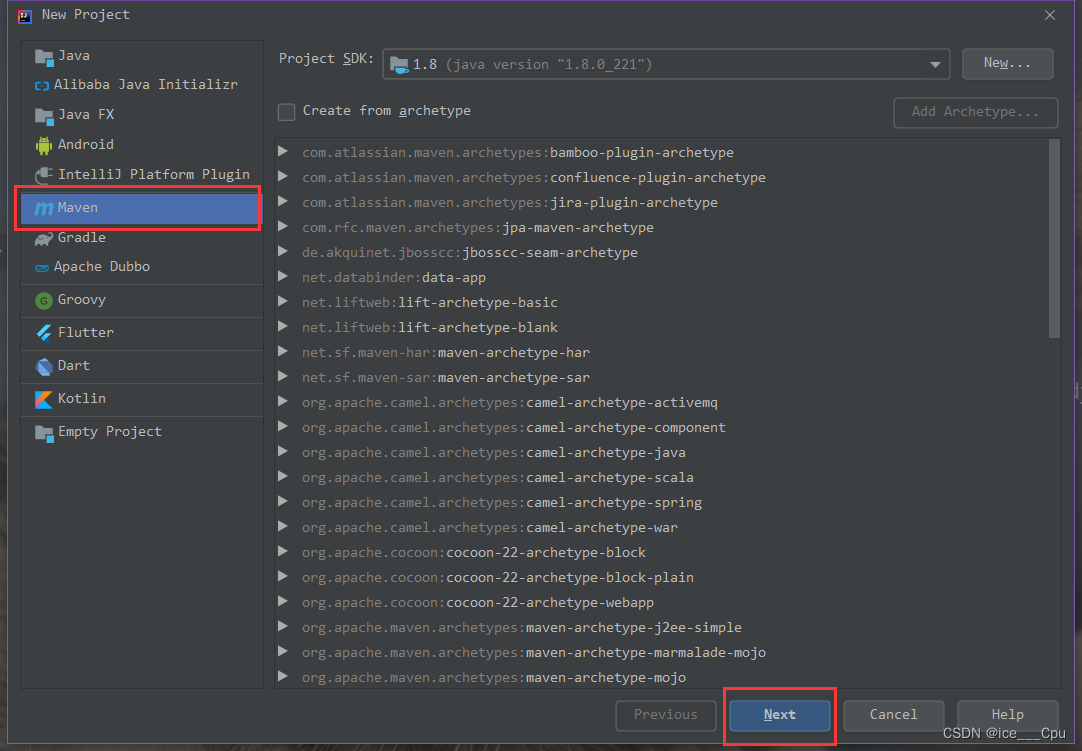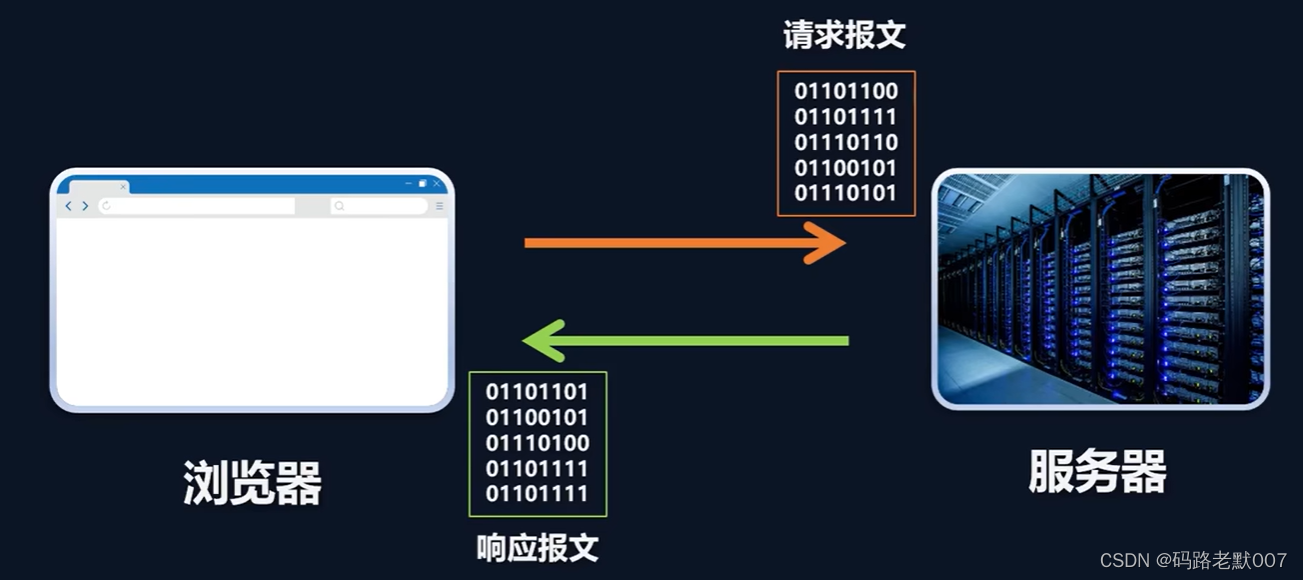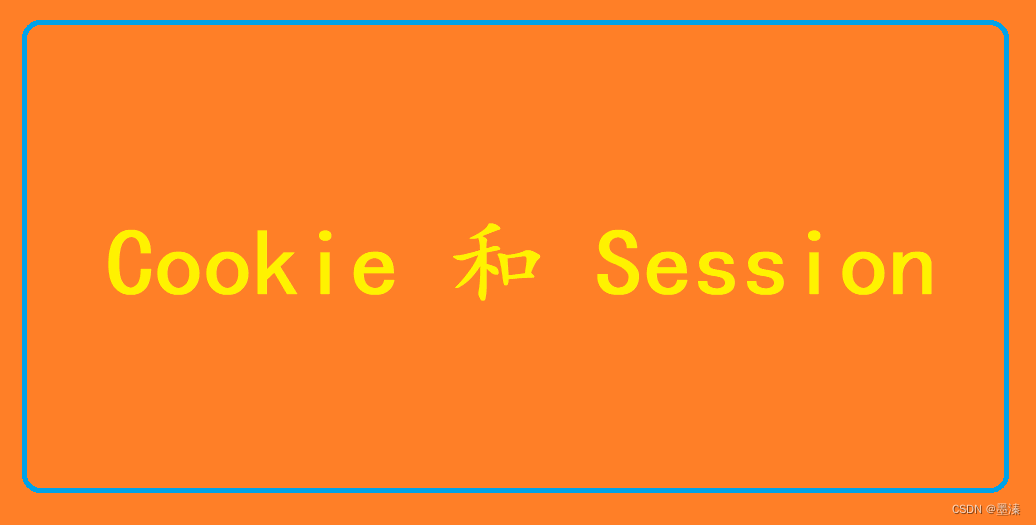本文介绍: HTTP请求是无状态的,但是在开发时,有些情况是需要知道请求的人是谁的。ctx.cookies.set( ) 方法是有三个参数的,第一个参数是key,第二个参数是value,第三个参数就可以进行配置。比如通过JS的方式document.cookie获取Cookie是不能获取的(需要在浏览器的控制台输入获取)。直接通过ctx.cookies.get( )方法获取,获取的是undefind,也就是无法获取的。Egg是对Koa的二次封装,所以中间件这部分和Koa框架是一样的,也追寻洋葱圈模型。
Cookie
HTTP请求是无状态的,但是在开发时,有些情况是需要知道请求的人是谁的。为了解决这个问题,HTTP协议设计了一个特殊的请求头:Cookie。服务端可以通过响应头(set–cookie)将少量数据响应给客户端,浏览器会遵循协议将数据保留,并在下一次请求同一个服务的时候带上。


配置和加密
一些配置选项,比如有效时间、服务端操作设置和中文编写加密这些操作。
ctx.cookies.set( ) 方法是有三个参数的,第一个参数是key,第二个参数是value,第三个参数就可以进行配置。比如你需要配置Cookie的有效时间,可以使用maxAge属性。(这个时间是毫秒。)
maxAge 时效设置
maxAge: 1000 * 2 (毫秒)
HhttpOnly 是否只允许服务端来操作Cookie
伪造Cookie来绕过登录是黑客经常使用的一种手段,所以为了安全,Egg.js默认设置只允许服务端来操作Cookie。
比如通过JS的方式document.cookie获取Cookie是不能获取的(需要在浏览器的控制台输入获取)。当我们想通过客户端操作Cookie时,可以通过下面的代码进行设置。
encrypt 设置中文Cookie (set加密 show解密)
Session
添加、获取、删除
配置项
中间件的编写
声明:本站所有文章,如无特殊说明或标注,均为本站原创发布。任何个人或组织,在未征得本站同意时,禁止复制、盗用、采集、发布本站内容到任何网站、书籍等各类媒体平台。如若本站内容侵犯了原著者的合法权益,可联系我们进行处理。







